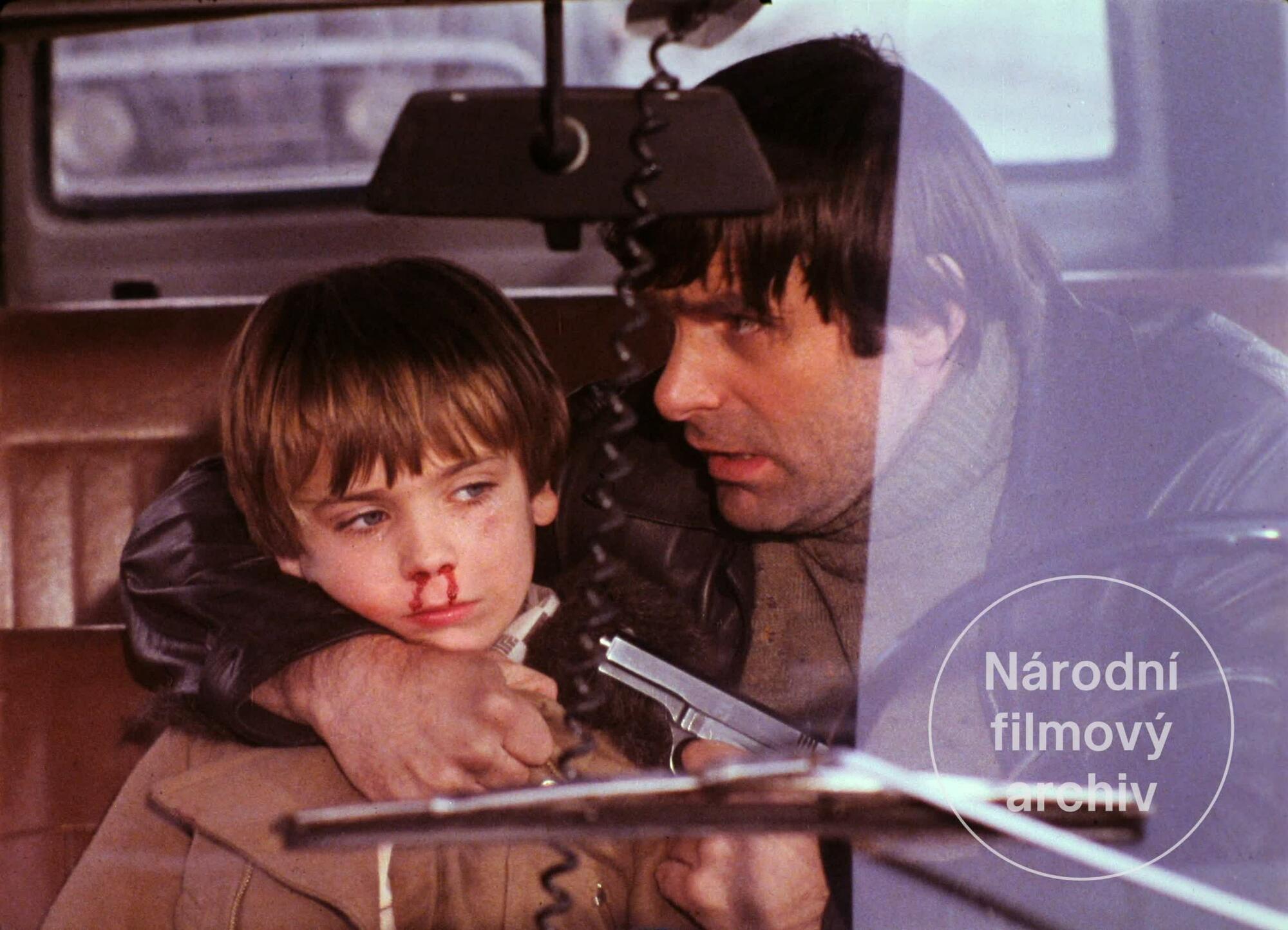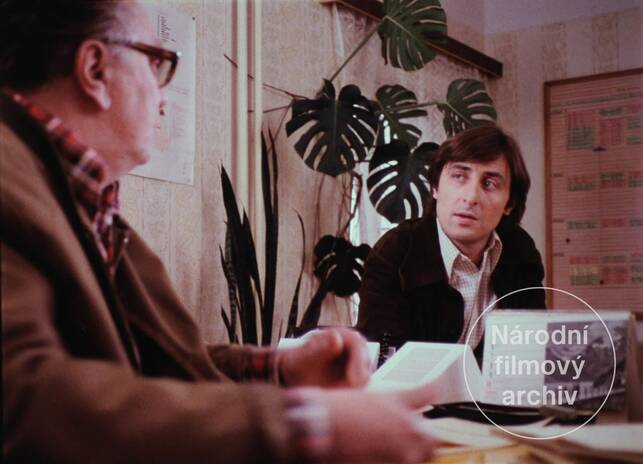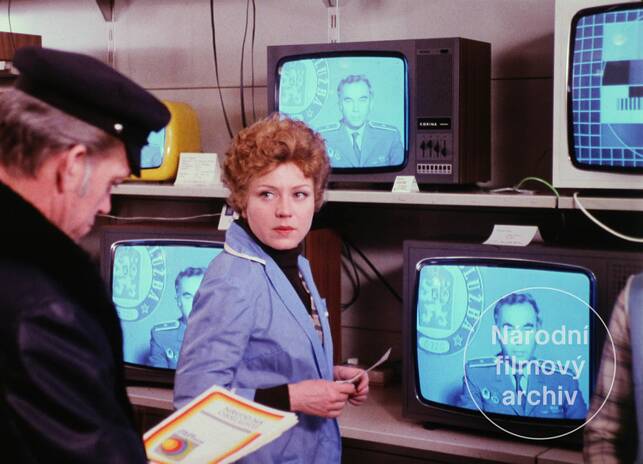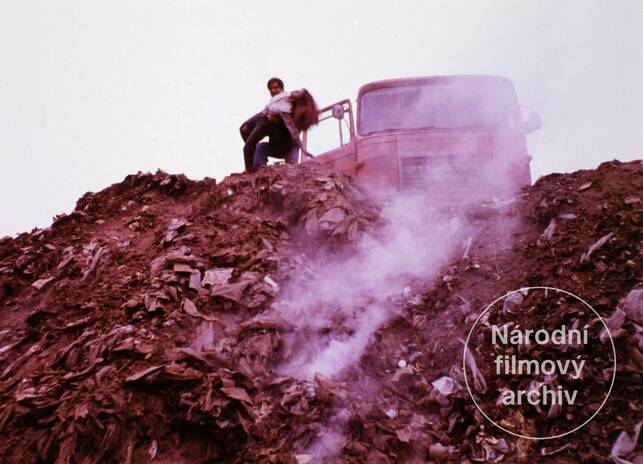Summary
After his war drama relating the story of Czechoslovak pilots operating in England Nebeští jezdci (Riders of the Sky, 1968), director Jindřich Polák almost gave up filming dramatic features for mature audiences. For as the “normalisation” era set in, he and screenwriter Ota Hofman were tasked with creating a series of family-oriented co-productions (chiefly a series about a magical man in a bowler hat, Pan Tau, or “Mr. Tau”). From 1969-1979, only three weightier exceptions came along: a psychological crime story Noc klavíristy (Piano Player’s Night, 1976), the sci-fi comedy Zítra vstanu a opařím se čajem (I’ll Get Up and Scald Myself with Tea Tomorrow, 1977) and the crime thriller Smrt stopařek (Death of Hitch-Hikers, 1979). The screenplay for this film was written by Vojtěch Měšťan, who previously collaborated with Polák on Piano Player’s Night – a stylish, intimate crime story of a bar musician investigating the murder of a young man. But with Death of Hitch-Hikers, instead of a likeable and moral private eye, the anti-hero of this story, based on a true story, is the murderer himself. Habitual criminal Charvát is fresh out of jail. He works as a truck driver, but remains obsessed with raping and strangling young hitch-hikers. Luck is on the serial killer’s side: even his divorced landlady Jarošová, whose son Míša the killer befriends, is completely in the dark. But in the end, the murderer is betrayed by a stolen watch and his deformed finger leaving an unmistakable mark on the necks of his victims… Death of Hitch-Hikers proved very popular in its day – crime stories were scarce, and Polák offered viewers a well-crafted thriller. The cast also contributes to the film’s gripping atmosphere, particularly Polish actor Marek Perepeczko in the lead role, who helped enable Czech filmmakers to set aside existing on-screen stereotypes. Jaroslava Obermaierová offers a strong performance as the landlady, as does Zdeněk Buchvaldek as the investigator.
Read more





